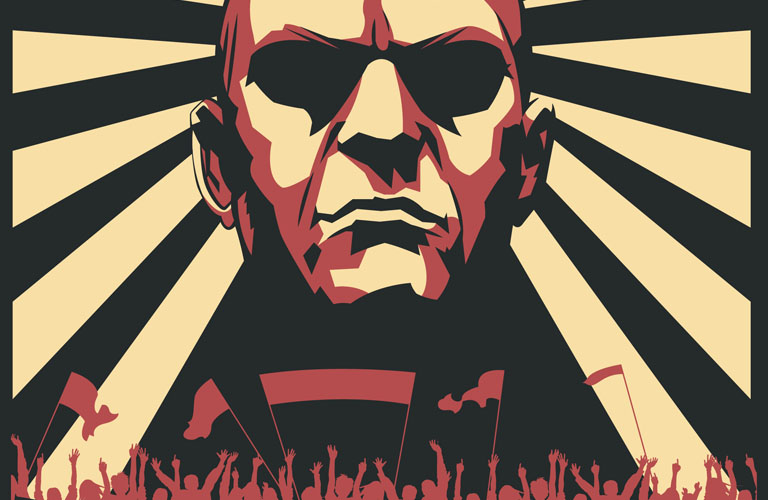
Friends or foes?
The EU-US relationship is in crisis. Julianne Smith’s unsettling diagnosis is that Trump doesn’t see any value in it.

The EU-US relationship is in crisis. Julianne Smith’s unsettling diagnosis is that Trump doesn’t see any value in it.

The new global order is in the offing. Theo Sommer asks, who will run the world in the future.

Warning of authoritarianism, Robert Kagan asks: What makes us so confident that democracy is guaranteed in the West?